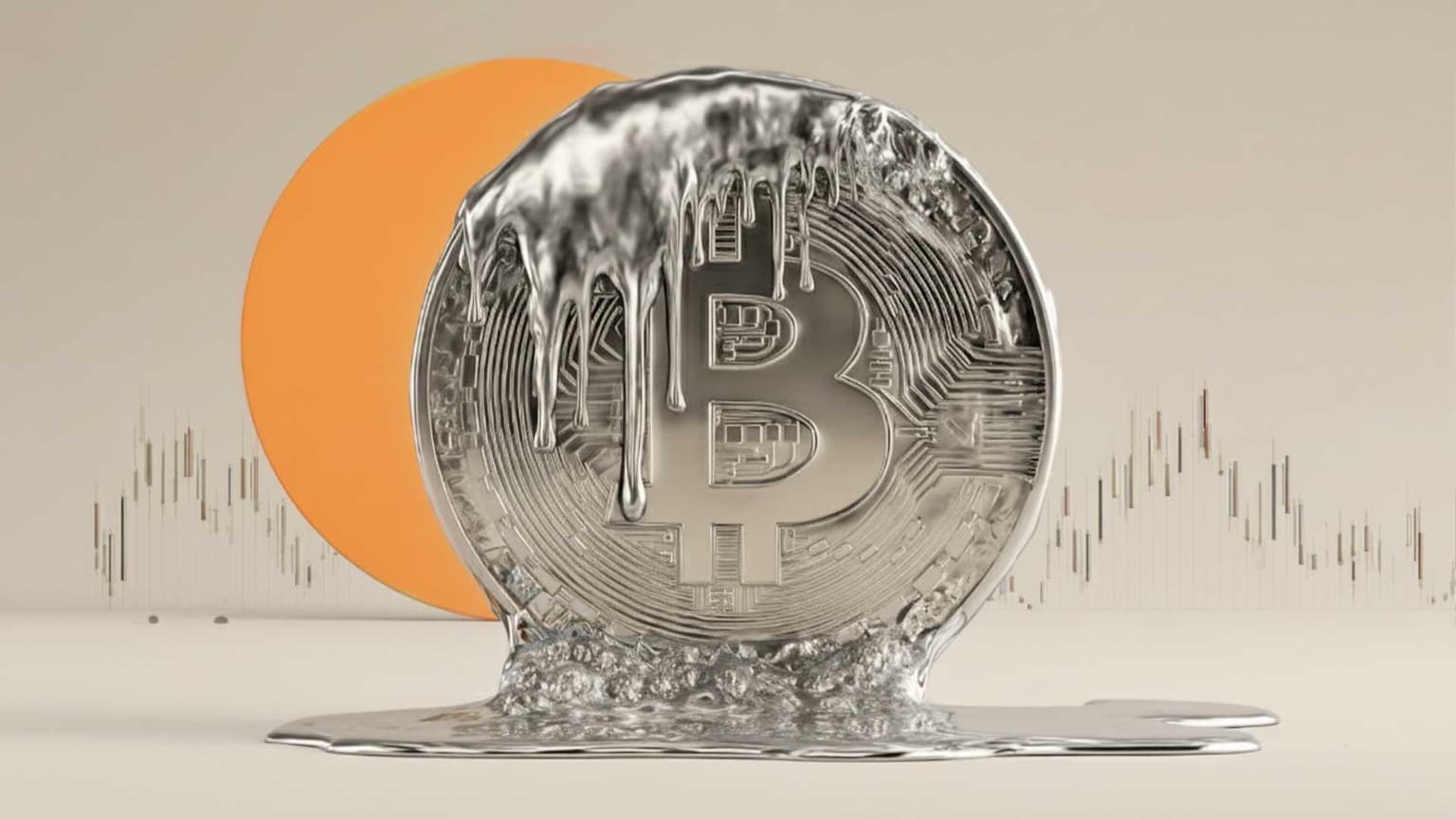Traders from 29 countries, including the US, blocked by Binance DEX
- The DEX will discontinue all trading services in the blacklisted countries from July 1.
- Binance launched Binance DEX on its native blockchain in April.

Binance’s decentralized crypto exchange, Binance DEX, will be blocking crypto traders from 29 countries, including the US. The exchange will discontinue all trading services in these countries on July 1.
The countries that have been blacklisted are the USA, Albania, Belarus, Bosnia, Burma, Central African Republic, Democratic Republic of Congo, Democratic People’s Republic of Korea, Cote D’Ivoire, the Crimea region of Ukraine, Croatia, Cuba, Herzegovina, Iran, Iraq, Kosovo, Lebanon, Liberia, Libya, Macedonia, Moldova, Serbia, Somalia, Sudan, South Sudan, Syria, Venezuela, Yemen and Zimbabwe.
The users from these countries recently received this warning message from the platform:
“Please note that by July 1, 2019 (UTC 00:00) trading and accessing to the wallet interface through www.binance.org will no longer be available to users with IP addresses from the countries listed above.”
Binance launched Binance DEX on its native blockchain in April. Its features are as follows:
- They don’t store any clients’ funds for trading.
- They support an array of third-party wallets. The funds from these wallets can be used for trading.
- Offers nine trading pairs, all of which are listed against Binance Coin (BNB).
Changpeng “CZ” Zhao, the founder and chief executive of Binance, earlier stated that the exchange might entirely shift its focus on the decentralized platform, based on user feedback.
Author

Rajarshi Mitra
Independent Analyst
Rajarshi entered the blockchain space in 2016. He is a blockchain researcher who has worked for Blockgeeks and has done research work for several ICOs. He gets regularly invited to give talks on the blockchain technology and cryptocurrencies.





